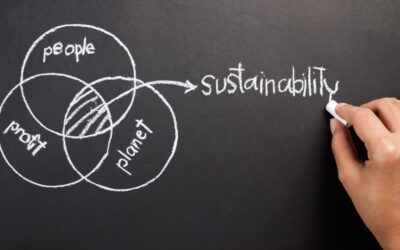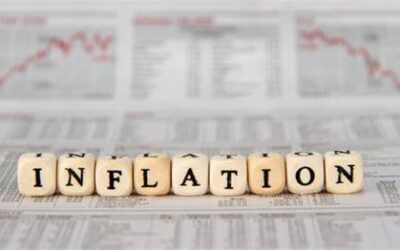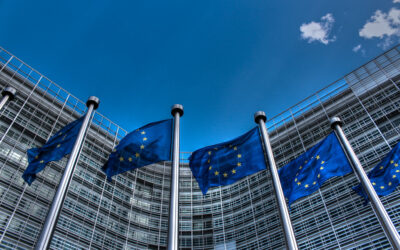
Japan has taken a significant step toward enhancing corporate environmental transparency and aligning with global sustainability norms. The Sustainability Standards Board of Japan (SSBJ) officially issued its inaugural Sustainability Disclosure Standards, marking a milestone in the country’s sustainable finance and corporate governance frameworks.
Groundbreaking Disclosure Standards Aligned with Global Norms
Established in July 2022, the SSBJ was created in response to the formation of the International Sustainability Standards Board (ISSB), aiming to develop standards tailored for Japan while contributing to international sustainability disclosure frameworks. As part of its foundational policy, the SSBJ committed to aligning its standards with the ISSB’s IFRS Sustainability Disclosure Standards to ensure comparability and coherence on a global scale.
After extensive consultation and deliberation, the SSBJ approved and issued three core standards at its 49th Board Meeting on February 19, 2025:
- Universal Sustainability Disclosure Standard – “Application of the Sustainability Disclosure Standards”
- Theme-based Sustainability Disclosure Standard No. 1 – “General Disclosures”
- Theme-based Sustainability Disclosure Standard No. 2 – “Climate-related Disclosures”
Together, these are referred to as the SSBJ Standards. Notably, the SSBJ chose to divide the Japanese equivalent of the ISSB’s IFRS S1 Standard into two distinct parts to enhance clarity and usability: the General Standard covers disclosures on sustainability-related risks and opportunities, while the Application Standard includes the foundational requirements for preparing sustainability disclosures.
While structurally different, the SSBJ emphasized that the application of all three standards in conjunction will maintain the integrity and comparability of sustainability-related financial disclosures, effectively aligning Japan with international best practices.
These standards are intended to become mandatory for companies listed on the Prime Market of the Tokyo Stock Exchange, pending regulatory integration into Japan’s securities law.
Strengthening International Environmental Collaboration
Simultaneously, Japan reaffirmed its commitment to global environmental cooperation during the 20th EU-Japan High-Level Dialogue on the Environment, held in Brussels. The meeting brought together leaders from the European Commission’s Directorate-General for Environment and Japan’s Ministry of the Environment.
The dialogue emphasized shared priorities, including tackling climate change, biodiversity loss, pollution, and promoting a circular economy. Acting Director-General Patrick Child (EU) and Vice Minister Yutaka Matsuzawa (Japan) led discussions that reinforced the strategic EU-Japan Green Alliance and explored collaboration on pressing environmental challenges.
Key highlights from the dialogue include:
- Biodiversity & Deforestation: Both sides prepared for the 17th Conference of the Parties to the Convention on Biological Diversity and reviewed progress on the Global Biodiversity Framework. CITES and anti-deforestation efforts were also discussed.
- Circular Economy Initiatives: Japan presented updates on national circular economy policies, while both parties explored deepened cooperation, including in sectors such as vehicle recycling and packaging regulation.
- Pollution & Waste Management: Japan shared recent policy developments targeting air quality, while the EU detailed updates on electronic waste and the Waste Shipments Regulation.
- Global Plastics Treaty: Both sides reaffirmed their commitment to finalizing a legally binding international treaty to combat plastic pollution.
The next High-Level Dialogue is scheduled for 2026 and will be hosted by Japan, continuing the deepening of bilateral environmental cooperation.
Conclusion
With the launch of its first Sustainability Disclosure Standards and an enhanced commitment to international environmental dialogue, Japan is positioning itself as a global leader in sustainable development. By aligning domestic policy with international standards and fostering cross-border collaboration, Japan is laying the groundwork for a more transparent, accountable, and ecologically resilient future.
References
Directorate General for Environment . (2025, June 23). EU and Japan reaffirm commitments to sustainable economy and environmental protection during High-Level Dialogue. Retrieved from European Commission: https://environment.ec.europa.eu/news/eu-japan-reaffirm-environmental-and-sustainability-commitments-2025-06-23_en
Sustainability Standards Board of Japan. (2025). SSBJ issues Inaugural Sustainability Disclosure Standards to be applied in Japan . Tokyo: Sustainability Standards Board of Japan.
Photo:
https://th.bing.com/th/id/R.adcd81d6f46b322da54e8aba8c0eac85?rik=P1exF78EiuYfEg&riu=http%3a%2f%2f1.bp.blogspot.com%2f-84q98EhSD_c%2fTVgwaE3y0hI%2fAAAAAAAAAwo%2f5pD_ogKtmC4%2fs1600%2fJapanese%2bGreen%2bGarden.jpg&ehk=rvMnC1%2fWKSvvPOjWu%2f%2b6EV8LFKUYhRyXSITU7D0OWT0%3d&risl=&pid=ImgRaw&r=0



